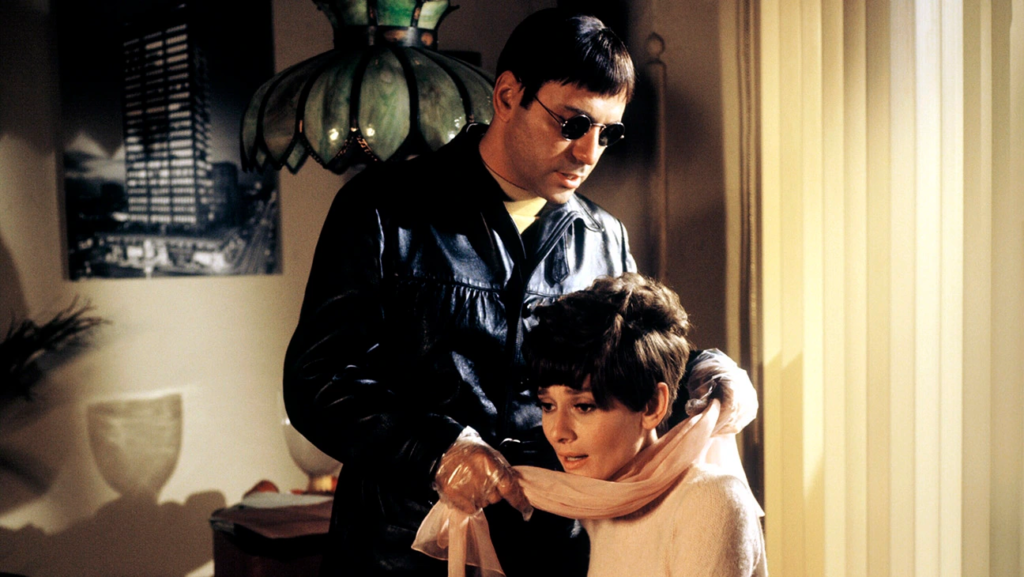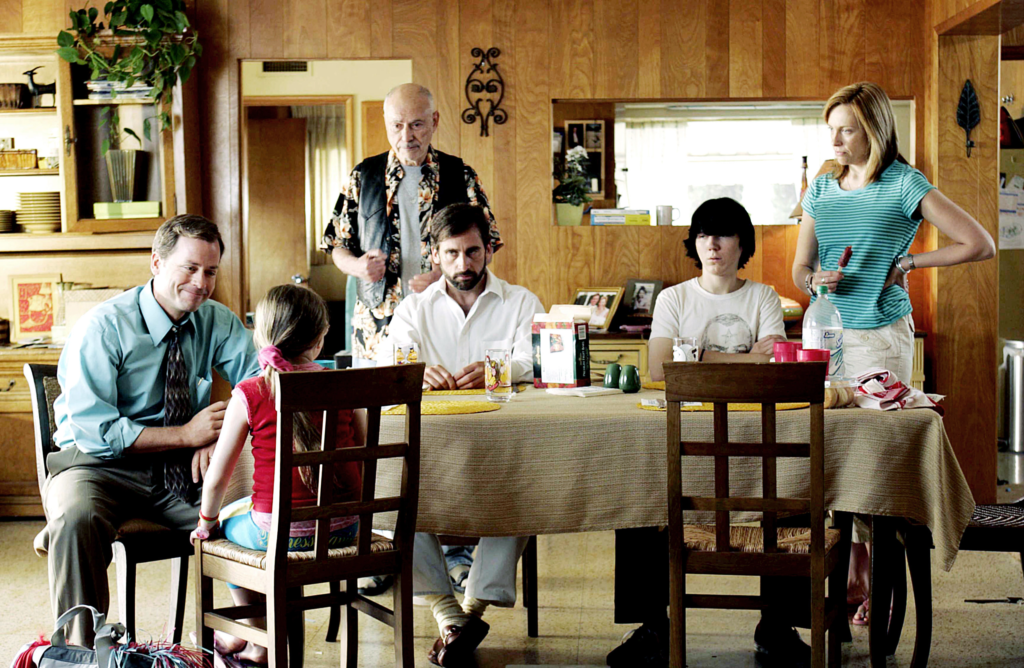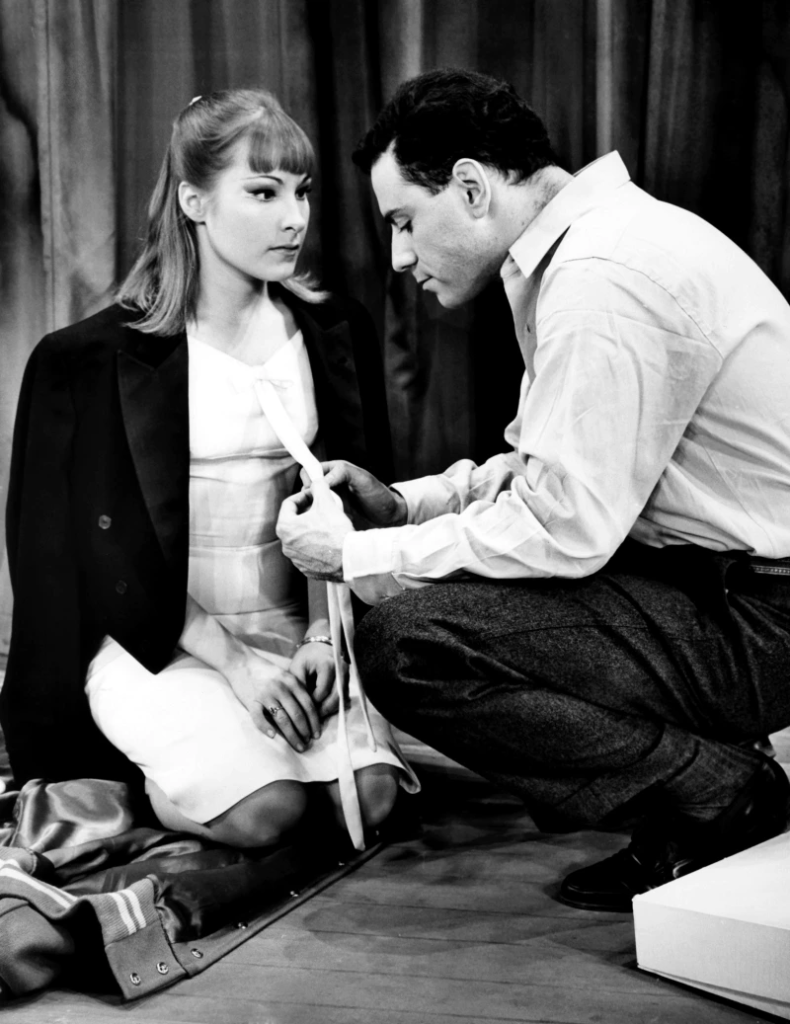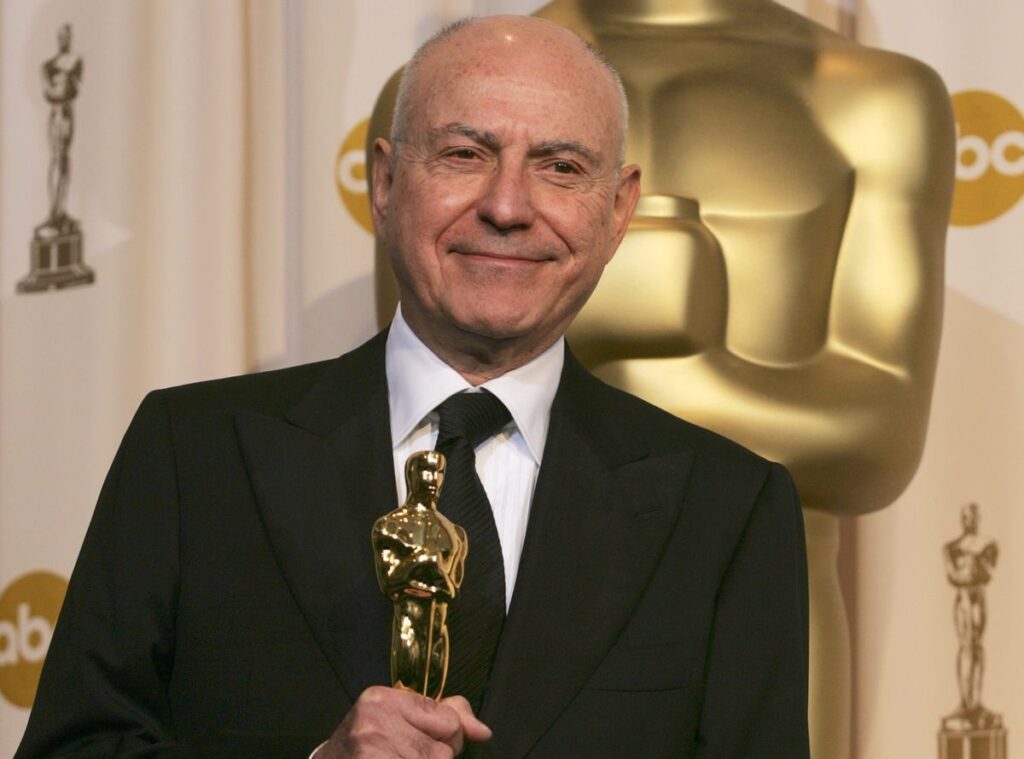On a somber Friday, the world collectively bid farewell to the illustrious Oscar-winning actor Alan Arkin, known for his versatility in both comedy and drama. Arkin, who received four Academy Award nominations throughout his career, clinched the coveted Oscar in 2007 for his role in the critically acclaimed film “Little Miss Sunshine.”
His sons, Adam, Matthew, and Anthony, confirmed the passing of their father at the age of 89, describing him as a uniquely talented force of nature.
A Journey from Second City to Stardom

Arkin’s career took off after he became a member of Chicago’s famed Second City comedy troupe. His exceptional talent shone through in his early film appearances, particularly in the Cold War spoof “The Russians Are Coming, The Russians Are Coming.”
However, it was his later role in “Little Miss Sunshine” that brought him widespread recognition and the prestigious Academy Award for Best Supporting Actor. Surprisingly, over four decades separated his first Oscar nomination from his nomination for the role of a conniving Hollywood producer in the award-winning film “Argo.”
Versatility and Likability

Throughout his career, Arkin showcased his remarkable ability to immerse himself in diverse roles. His on-screen persona was never confined to a specific type, allowing him to effortlessly disappear into his characters. From a Russian submarine officer struggling to communicate with jittery Americans to a foul-mouthed, drug-addicted grandfather in “Little Miss Sunshine,” Arkin’s talent knew no bounds.
Director Norman Jewison once remarked on his ability to transform his appearance and accents, while always remaining underestimated due to his lack of self-promotion.
Highlights of a Remarkable Career

Arkin’s career boasted an impressive array of notable performances. In 1963, he starred as the young protagonist in the Broadway play “Enter Laughing,” which gained critical acclaim. Subsequently, he captivated audiences with his portrayal of a vicious drug dealer in “Wait Until Dark,” where he held Audrey Hepburn’s blind character captive.
In 1968, his sensitive portrayal of a man who could not hear or speak in “The Heart Is a Lonely Hunter” further elevated his status in Hollywood. Arkin’s collaboration with Mike Nichols in the film adaptation of Joseph Heller’s “Catch-22” showcased his versatility once again, portraying a victim of wartime bureaucracy.
Personal Growth and Lasting Impact
Reflecting on his career, Arkin acknowledged that many of the characters he played initially embodied outsiders or foreigners. However, as he became more comfortable with himself, his roles shifted, and he began to embody the heart and moral center of films.
This transition was met with praise from both critics and audiences, who recognized the depth he brought to each character. Arkin’s recent credits included the remake of “Going in Style” alongside Michael Caine and Morgan Freeman, as well as his role in the TV series “The Kominsky Method.”

Alan Arkin‘s passing marks the end of an era for the world of cinema. His remarkable talent, likability, and versatility have left an indelible mark on the industry. From his early days with Second City to his iconic performances in memorable films, Arkin’s contributions will be remembered and cherished by fans and fellow actors alike. As we bid farewell to this extraordinary artist, let us celebrate the joy, laughter, and depth he brought to the screen throughout his illustrious career.
